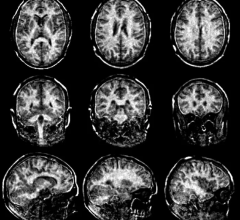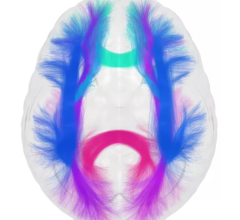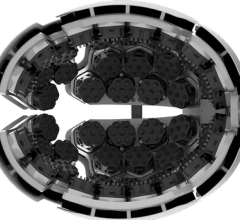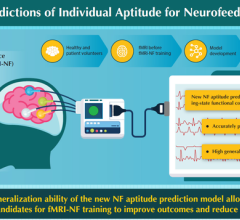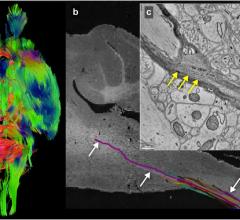
Melissa M. Chen, MD
Aug. 14, 2024—Neuro-oncologists’ management plans changed in a substantial fraction of adult patients with high-grade glioma (HGG) who underwent advanced neuroimaging to further evaluate conventional MRI findings equivocal for tumor progression versus treatment effect, according to the American Journal of Roentgenology (AJR), published by the AmericanRoentgen Ray Society.
“The impact of advanced neuroimaging techniques on management decisions supports their incorporation into imaging protocols for treatment monitoring in adult patients with HGG,” wrote corresponding author Melissa M. Chen, MD, from the neuroradiology department at the University of Texas MD Anderson Cancer Center in Houston.
Performed at the brain and spine institute of a comprehensive cancer center from March 1, 2017, to October 31, 2020, Chen et al.’s prospective AJR study included adult patients treated by chemoradiation for WHO grade 4 diffuse glioma who underwent MRI-based advanced neuroimaging (comprising multiple perfusion imaging sequences and spectroscopy) to further evaluate findings on conventional MRI equivocal for tumor progression versus treatment effect. The ordering neuro-oncologists completed surveys before and after each advanced neuroimaging session. The percent of care episodes with a change between the intended and actual management plan on the surveys conducted before and after advanced neuroimaging, respectively, was computed and compared with a previously published percentage using independent-sampled proportions.
Ultimately, neuro-oncologists’ intended and actual management plans before and after advanced neuroimaging, respectively, differed in 44 percent of care episodes for patients with HGG and equivocal posttreatment findings on conventional MRI. Neuro-oncologists found advanced neuroimaging to be helpful in 93 percent of episodes.
The American Roentgen Ray Society (ARRS) remains dedicated to the advancement of medicine through the profession of medical imaging and its allied sciences. ARRS maintains its mission of improving health through a community committed to advancing knowledge and skills.

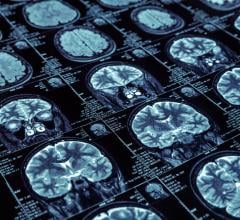
 June 12, 2024
June 12, 2024 
